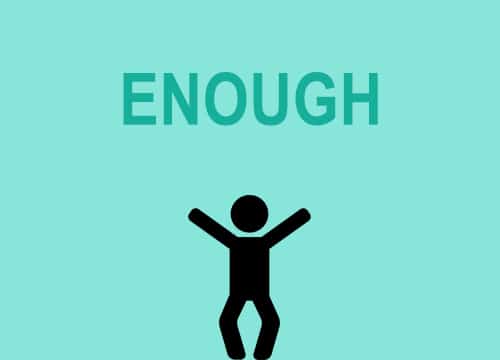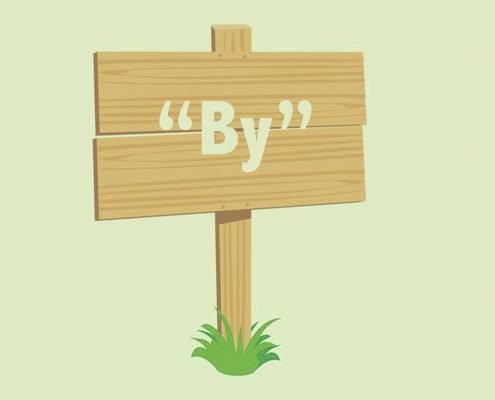“Enough is a pronoun (bastante, suficiente), an adjective and an adverb. First, let´s examine the basic rules for “enough”.
“Enough” goes before a noun, and it is an adjective. Mull over (reflexione sobre) these sentences:
- Mr. Sanchez, the Spanish Prime Minister, does not have enough money to buy a jet. Here enough goes before the noun “money”, and it is an adjective.
- We have enough apples (tenemos suficientes manzanas). Again, “enough” goes before the noun.
- I don´t have enough room (no tengo bastante espacio…) for 4 people in my Ferarri.
Now as an adverb. Consider these examples:
- I cannot help you enough (no puedo ayudártelo suficiente). Here the word enough is acting as an adverb, giving more information about the level of help. It goes after the verb.
- You do not go out enough (no sales lo suficiente).
- That is not good enough (eso no me satisface). Again, we have an adjective, (good) with enough following the adjective, giving more information.
Now as a pronoun:
- ¿Do you need any more money? No, I have enough. You could write: “ I have enough money, but the context is clear, so “I have enough”. Enough in this context is a pronoun.
There is also an expressión: enough is enough! = ¡Basta ya!











